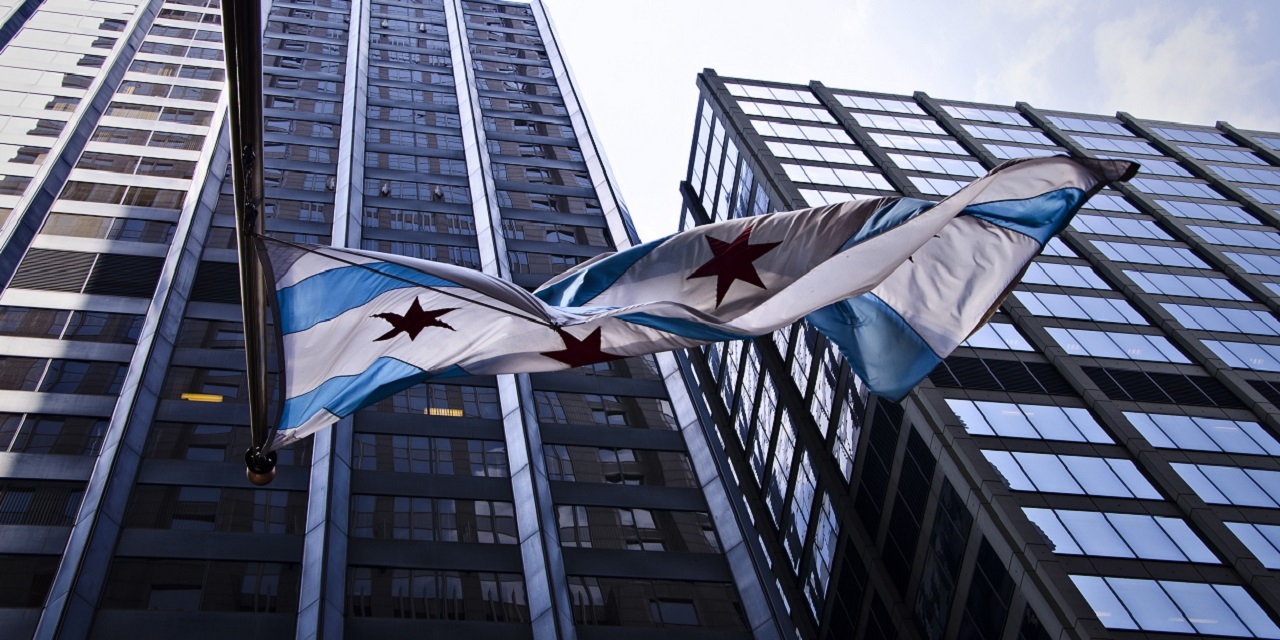A former head of Chicago’s zoning inspectors, who said he was fired after city lawyers “defamed” him for alleging he accepted a bribe, won’t get another chance to pursue his legal action against the city over his termination.
The Illinois First District Appellate Court, in an unpublished order, upheld the decision of Cook County Circuit Judge Patrick J. Sherlock, who dismissed the complaint of John J. Quinn, and then denied his motion to reconsider.
Justice Margaret McBride wrote the order; Justices David Ellis and Cynthia Y. Cobbs concurred. The order was issued under Supreme Court Rule 23, which restricts its use as precedent, except under very limited circumstances permitted by the Supreme Court rule.

Quinn filed a civil suit against the city saying it fired him based on defamation on the part of three municipal attorneys who accused him of accepting a bribe “to reinstate a controversial building permits which had been revoked as nonconforming to the local building code,” per McBride’s opinion.
In addition to the city, named defendants in Quinn’s suit are the attorneys, Andrew Mine, Mardell Nereim and Andrew Worseck. In responding to Quinn’s appeal, they contended he failed to “specify to whom and under what circumstances the purported false statements were made,” that he had ample opportunities to replead, that he didn’t pursue discovery and that we was presenting arguments for the first time during the appeal.
Per Quinn’s complaint, the root issue stems to the 2004 development of a residential condominium, Morgan Place of Chicago, in an area zoned for manufacturing. After neighboring property owners complained, the city investigated and suspended the building permit. Nereim advised the city to negotiate reinstatement of the permit, Quinn said, noting he was charged with leading that process because of his relationship with the condo’s owner, Jerry Cedicci.
That negotiation and reinstatement happened in January 2005. But a summer trip that year to Brazil, “for a trade show and to sight see,” ultimately led to Quinn losing his job, though he contends the trip was above board and had no connection to the Morgan Place permit. In the wake of his termination, Quinn sued the city and the lawyers, alleging they improperly connected the trip to the permit and cost him his job. He implied Mine and Worseck wrote and said these comments to third parties outside of legal proceedings.
McBride detailed a lengthy history of Quinn’s litigation against the city, including his failure to comply with various deadlines for appeals and responses. Although the appellate court ultimately agreed to consider Quinn’s appeal of Sherlock’s decision, it determined the complaint “relies on his subjective conclusions and paraphrasing of the elements of a defamation claim rather than objective and sufficient factual statements depicting defamation.”
The appellate judges said Quinn failed to develop specific arguments supporting his defamation claims — per se and per quod — including any evidence of the remarks he said led to his termination or the audience of said remarks. Quinn argued he was entitled to a chance to depose the attorneys, but McBride wrote the record shows he was granted leave to do so but failed to meet a 60-day deadline, “one of many scheduling orders he disregarded.”
Quinn’s suggestion for how Sherlock should have ruled, McBride added, “is not how our adversarial legal system works. Furthermore, none of the cases Quinn cites remotely supports his argument. … He is asking this court of review to reverse the judge’s ruling on grounds which the judge was never asked to consider.”
The appellate court affirmed Sherlock’s dismissal of Quinn’s second amended complaint and the denial of his motion to reconsider and vacate that order.
Quinn was represented in the action by the Nathanson Law Firm, of Chicago.
The city defendants were represented by the city of Chicago’s corporation counsel.
